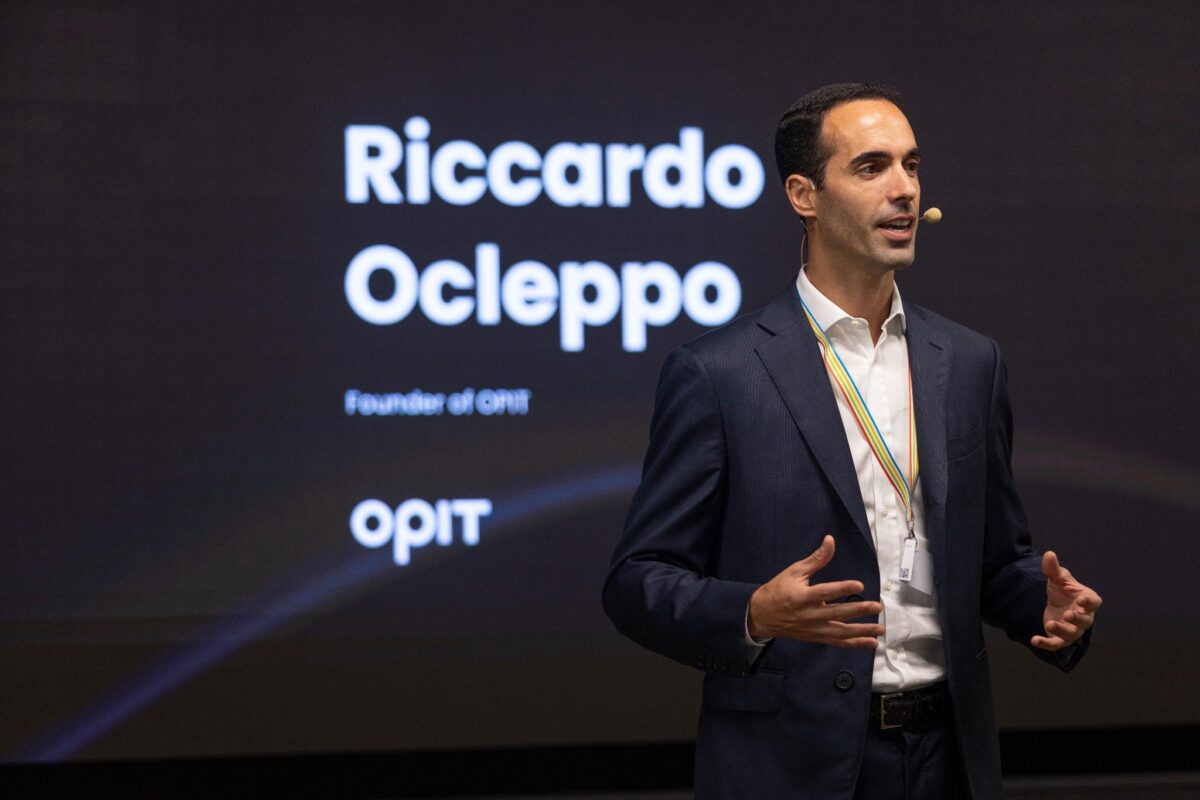Transforming traditional educational roles in the age of EdTech

With a promise of continued innovation, many educational leaders have questioned what the future of education will look like. Some believe that the concept of a physical learning environment will be non-existent in the future and others believe EdTech will pave the way for enhanced teaching. Fundamentally, the classroom of tomorrow – whether that be via further education, or an independent or employer provided training provider – comes down to how much technology will influence and evolve the way individuals are taught.
Since there is no one-size-fits-all approach, modern learning environments are experiencing a shift from traditional teaching styles to modern teaching methods. These methods are tailored to different preferences such as collaborative working, as well as different subjects like maths or history and can be made possible through the implementation of new EdTech (educational technology) tools.
With uncertainty over what the future of education looks like, questions remain including: Will new EdTech tools require upskilling? Will the role of educational leaders need to evolve? Are individuals the driving force for all these changes?
Responsibly integrating technology
Whilst the integration of technology in the modern learning environments offers unprecedented opportunities for enhancing learning experiences, educators must also consider the responsibility of ensuring that technology is used ethically.
Ethical technology integration involves not only understanding the potential benefits of digital tools but also being mindful of the security, privacy, equity, and accessibility issues that may arise. By adopting a considered approach, educators can create a balanced and inclusive learning environment that respects the rights and needs of all individuals.
One of the primary considerations in ethical technology use is safeguarding student privacy. As digital platforms and tools become more prevalent, the collection and storage of data has grown exponentially. Educators must be vigilant about the types of data being collected, how it is used, and who has access to it. Implementing strict data protection policies and educating individuals about digital citizenship are crucial steps in protecting their privacy.
Many devices now connect to the internet, which can leave educational institutions exposed to both the wonders and the dangers of universal, and ever-expanding connectivity. Safeguarding individuals against the threat of accessing inappropriate content is a growing concern, and institutions will have to keep up and remain one step ahead of technological advances.
Cyber-attacks
In recent years, we have seen cyber-attacks becoming more common, where hackers have targeted, shut down, deleted or even accessed confidential data. Corporates are well aware of the dangers a cyber-attack can bring to a company, but this is even more serious for education establishments as they’re often dealing with young people, and the impact on their education and wellbeing.
Educational institutions need to ensure they take security features into serious consideration when choosing which technology to install to protect everybody involved, but they must also consider the traditional factors such as budget, purpose and usability that may impact which technology can be installed.
With the notion that technology is not a ‘one size fits all’ answer for both the classroom and individual, educational leaders must ensure they retain the element of personalised classrooms and individualised learning. It is essential that educators utilise technology in a way that ensures that the digital divide is not widened. Providing equal access to devices and internet connectivity and offering support for individuals with varying levels of technological proficiency are key to promoting an equitable learning environment.
The transformative role of educational leaders
As teaching and learning methods continues to evolve with the integration of advanced technologies, the role of the educator is also transforming. Educators are no longer simply dispensers of knowledge; they are becoming facilitators, guides, and mentors who support and enhance the learning process in ways that technology alone cannot achieve.
While digital tools can provide information and automate certain tasks, it is the educator’s unique ability to inspire, engage, and connect with individuals on a personal level that remains irreplaceable. By leveraging technology as a complement to their teaching strategies, educators can create dynamic, interactive, and personalised learning experiences that cater to the diverse needs of their individuals.
Moreover, educators bring a critical human element to education that technology simply cannot replicate. They possess the empathy, intuition, and adaptability necessary to understand and respond to the individual challenges and aspirations of their individuals. Educators can foster a sense of community, encourage collaboration, and develop critical thinking and problem-solving skills through meaningful interactions and discussions.
As technology takes on more routine and administrative tasks, educators have the opportunity to focus on these higher-order skills such as offering emotional support and ensuring that everyone feels valued and seen. In this evolving educational landscape, the educator’s role is not diminished but rather enhanced, as they utilise technology to amplify their impact and create a more enriched and supportive learning environment.
Whatever happens – or whatever the future of education looks like, educators always will remain a fundamental part of the teaching and learning experience for individuals.
The skills needed to build the classroom of tomorrow
To ensure that educators fulfil their fundamental roles, upskilling and continuous professional development must be a priority. This ensures that educators are well-prepared to navigate and thrive in the tech-enhanced classrooms of the future, ultimately enhancing the educational experience for all individuals.
For example, educators must be proficient in using a variety of technological tools and platforms, from interactive whiteboards and educational software to virtual and augmented reality applications. Educators will also need to develop strong data literacy skills to interpret and utilise individual performance data, allowing for more personalised and targeted instruction. The ability to adapt to rapidly changing technological landscapes and to continuously learn and innovate will be essential.
To meet these demands, educational institutions must invest in comprehensive training programs that equip educators with the necessary technological competencies ranging from initial training sessions to ongoing support.
Moreover, as we look to the future of education, individuals will play a crucial role in the evolution of the classroom. Empowered by technology and supported by skilled educators, individuals will increasingly take charge of their learning journeys. They will become active participants, utilising digital tools to explore, create, and collaborate in ways that were previously unimaginable.
By Nicola Pearce, Head of Education, BenQ











Responses